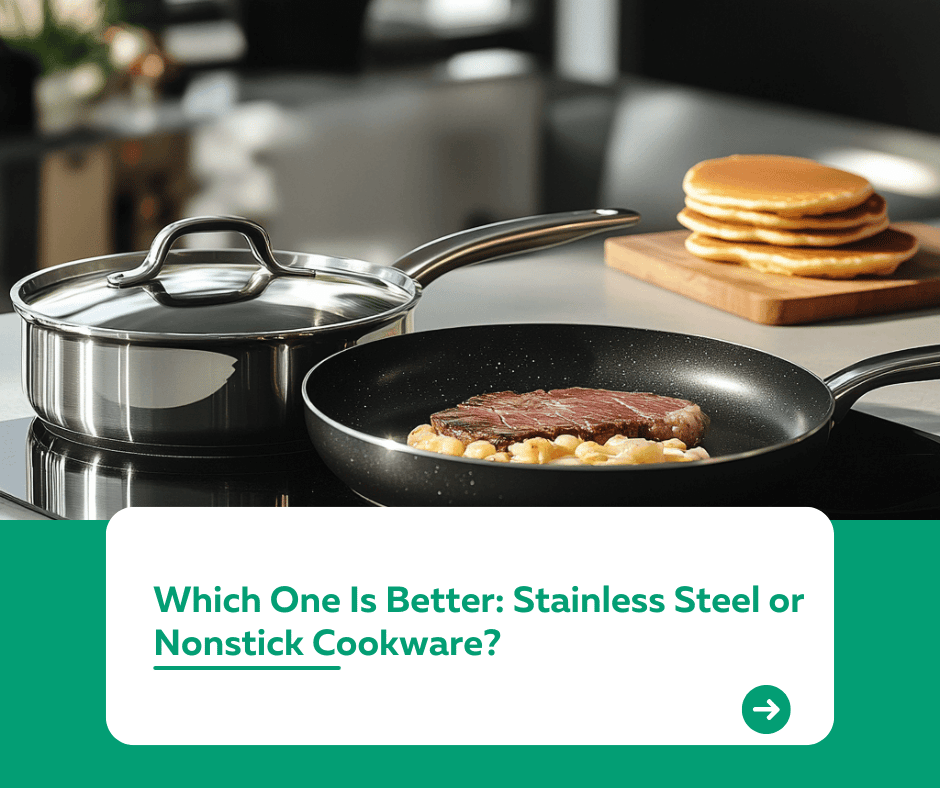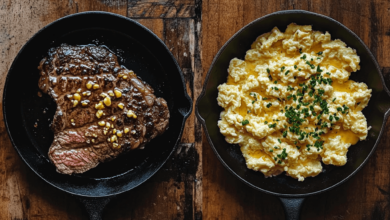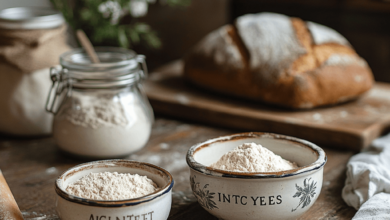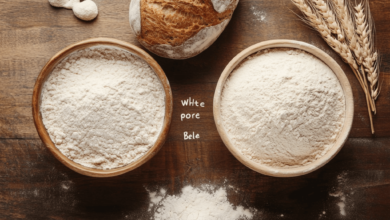Which One Is Better: Stainless Steel or Nonstick Cookware?

Introduction
Choosing the right cookware can significantly impact your cooking experience. Which one is better: stainless steel or nonstick cookware? Both have their strengths and weaknesses, and the best choice depends on your cooking style and preferences. In this guide, we’ll compare stainless steel and nonstick cookware to help you make an informed decision.
1. Stainless Steel Cookware
Advantages
1️⃣ Durability: Stainless steel is long-lasting and resistant to rust, scratches, and dents.
2️⃣ Versatility: Suitable for high-heat cooking, browning, and searing.
3️⃣ Health-Friendly: No risk of chemical coatings peeling into food.
4️⃣ Maintenance: Easy to clean with proper care and compatible with dishwashers.
Disadvantages
- Learning Curve: Requires proper heat control to prevent food from sticking.
- Weight: Heavier than nonstick options.
- Cost: High-quality stainless steel can be expensive.
Best For
Searing meats, browning vegetables, and preparing dishes requiring deglazing.
2. Nonstick Cookware
Advantages
1️⃣ Ease of Use: Perfect for beginners and quick meals.
2️⃣ Effortless Cleaning: Food slides off easily, requiring minimal scrubbing.
3️⃣ Lightweight: Easier to handle and maneuver.
4️⃣ Low-Fat Cooking: Requires little to no oil or butter.
Disadvantages
- Limited Lifespan: Nonstick coatings can wear off over time.
- Heat Restrictions: Not ideal for high-heat cooking, as excessive heat can damage the coating.
- Utensil Limitations: Metal utensils can scratch the surface.
Best For
Cooking delicate foods like eggs, pancakes, and fish.
3. Key Comparisons
| Feature | Stainless Steel Cookware | Nonstick Cookware |
|---|---|---|
| Durability | Long-lasting | Shorter lifespan |
| Ease of Use | Requires skill | Beginner-friendly |
| Health Concerns | Chemical-free | Risk of coating damage |
| Cooking Versatility | Ideal for high-heat cooking | Limited to medium heat |
| Cleaning | Requires effort | Easy to clean |
4. Which One Should You Choose?
Choose Stainless Steel If:
- You often sear, sauté, or brown food.
- You want long-lasting cookware with no chemical coatings.
- You’re comfortable with a bit of a learning curve.
Choose Nonstick If:
- You cook delicate foods like eggs or fish.
- You prioritize ease of use and quick cleanup.
- You want lightweight cookware for daily cooking.
Conclusion
Both stainless steel and nonstick cookware have their unique benefits, and the best choice depends on your cooking needs. Consider investing in a mix of both to enjoy the strengths of each type. For more kitchen tips and advice, visit our Kuestion.com.




